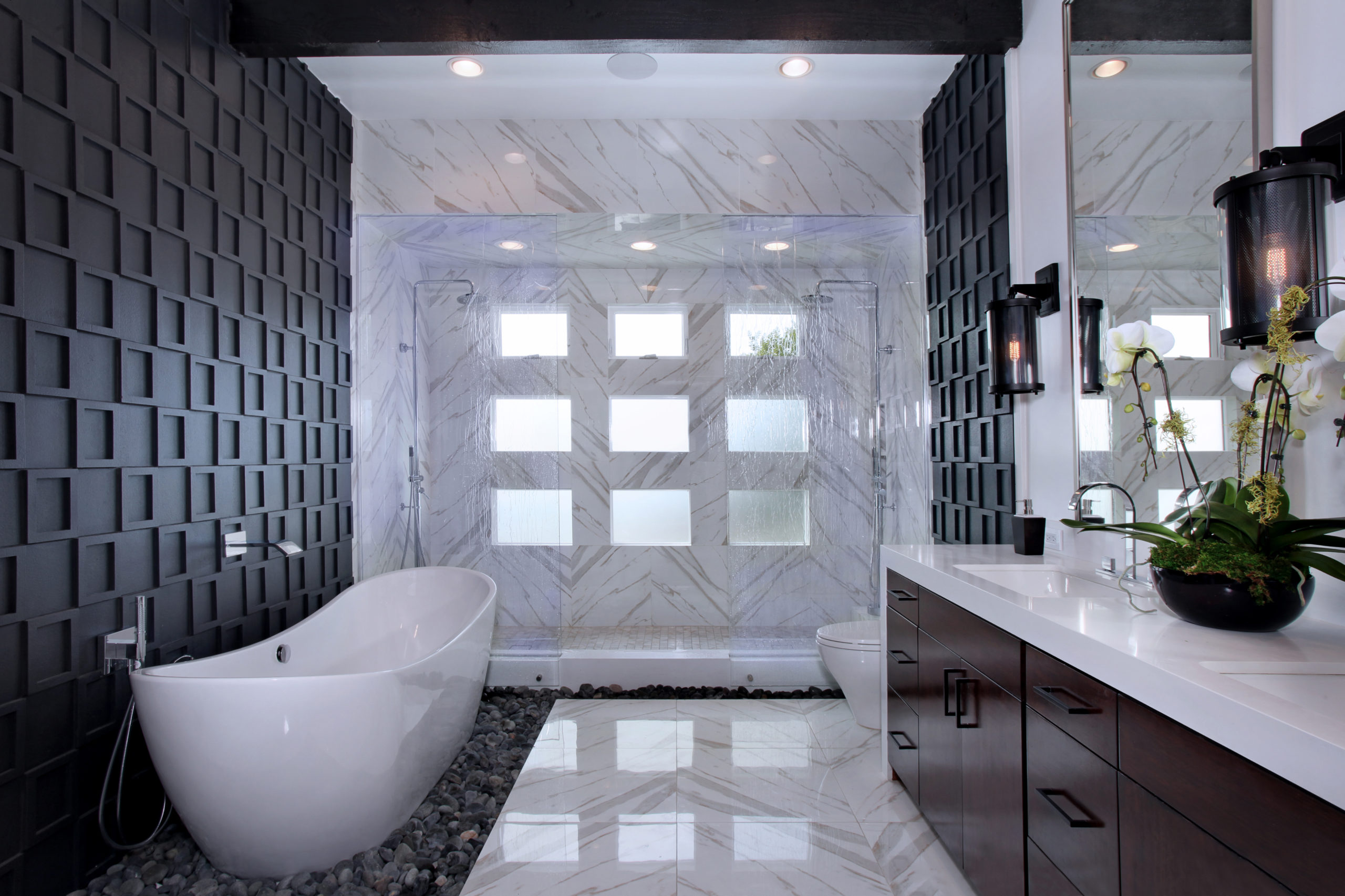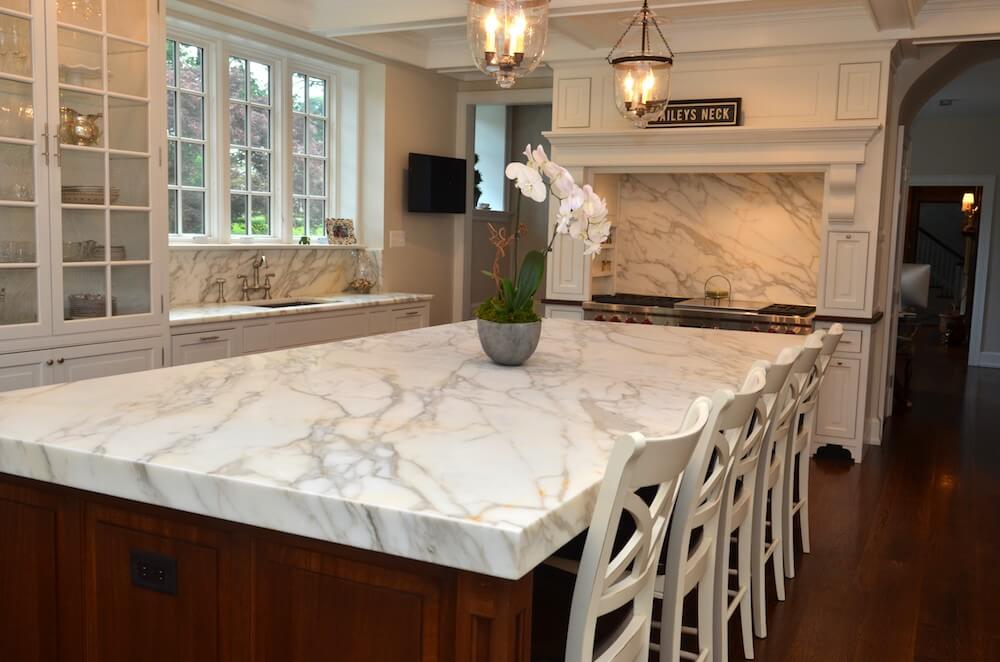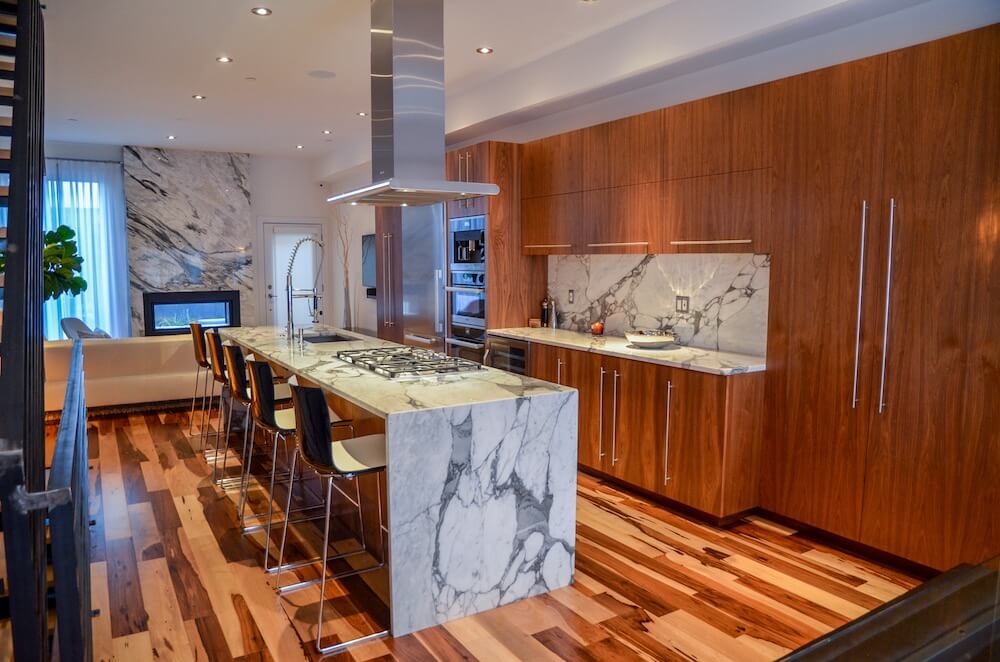Homemade Granite Cleaner: 5 Questions & Answers To Know For Countertops
You’ve spent the time designing and installing your dream kitchen with granite countertops – can you use a simple homemade cleaner to maintain it? We answer the 5 questions you should be asking about homemade granite cleaner. You’ll learn the ingredients, formulations and professional-grade options to consider.
What Are the Basic Components of Granite Cleaner?
All granite cleaning products seek to do two things: kill harmful microscopic bacteria and remove stuck-on debris from the countertop. Accordingly, there are two essential components to a granite cleaner:
- Disinfectants – anything that kills viruses and germs
- Surfactants – any type of soap or detergent
Which Disinfectants Are Best or Worst for Granite Countertops?
The list of best disinfectant for granite countertops is short and alcohol-based. Isopropyl, more commonly known as rubbing alcohol, is considered to be the most widely available and effective disinfectant for granite. Rubbing alcohol is a natural bactericide and can also kill fungus and viruses. It has no ill effects on your granite or the seal on your granite so it’s an ideal way to keep countertops clean.
The list of disinfectants that are harmful for granite countertops is very long. Cleaners that are harsh or acidic can damage your granite countertops. So any cleaner with ingredients like lemon (or any citric acid), vinegar, ammonia and bleach will wear away at your countertops seal which allows for discolorations, stains, etching or other damage.
How Do I Make Homemade Granite Cleaner?
While homemade granite cleaners are simple to make, the exact balance of those ingredients will determine how effective the formulation will be. Below is a basic recipe that you can use as a guide for mixing up your own. Regardless of the exact formula, the best way to apply granite cleaner is by using a spray bottle and a microfiber cloth.
- 1 part rubbing alcohol
- 4 parts warm water
- Liquid soap (1/2 teaspoon per 2 cups of liquid)
Does Homemade Granite Cleaner Have To Reek Of Alcohol?
Rubbing alcohol is essential to disinfecting your countertops in an effective and granite-safe way, but the vapors and odor can be unpleasant. Everyone’s nose is different. Some people like the smell of isopropyl alcohol, while others find it offensive. So giving an exact answer on the best way to cover up the smell is a bit difficult. As with the other ingredients, you want to add fragrances that are non-acidic or free of harsh chemicals. A common choice to mask the smell of rubbing alcohol is using an essential oil of your choice. The correct amount to use is up to you, though we would suggest erring on the side of caution and not load your cleaner up with oil. Start with a drop or two at a time, and add as needed.
Is Professional-Grade Granite Cleaner Worth It?
When you spend the time and money selecting the perfect granite countertop for your new dream kitchen the last thing you should do is neglect caring for it. Yes, homemade granite cleaner is “easy” to make but getting the exact formulation that disinfects, cleans, doesn’t smell terrible and is perfectly safe may be a challenge. If you don’t use enough rubbing alcohol, your counter won’t be disinfected and might grow harmful bacteria. If you use too much soap, you’ll have streaks ruining the beautiful veining. Further, while the vast majority of dish soaps are fine, some scented dish soap may have some extra ingredients that may not be ideal for granite.
We don’t discourage our customers from making their own granite cleaners; however, we do encourage them all to use something that we are 100% confident in, Granite Gold. The cost of professional-grade cleaner is nominal, and when you consider that Granite Gold has been chemically engineered for your granite countertop, it becomes the obvious optimal choice. If you spent the money on granite and you can swing the extra few dollars, we believe a professional-grade cleaner is worth it.





